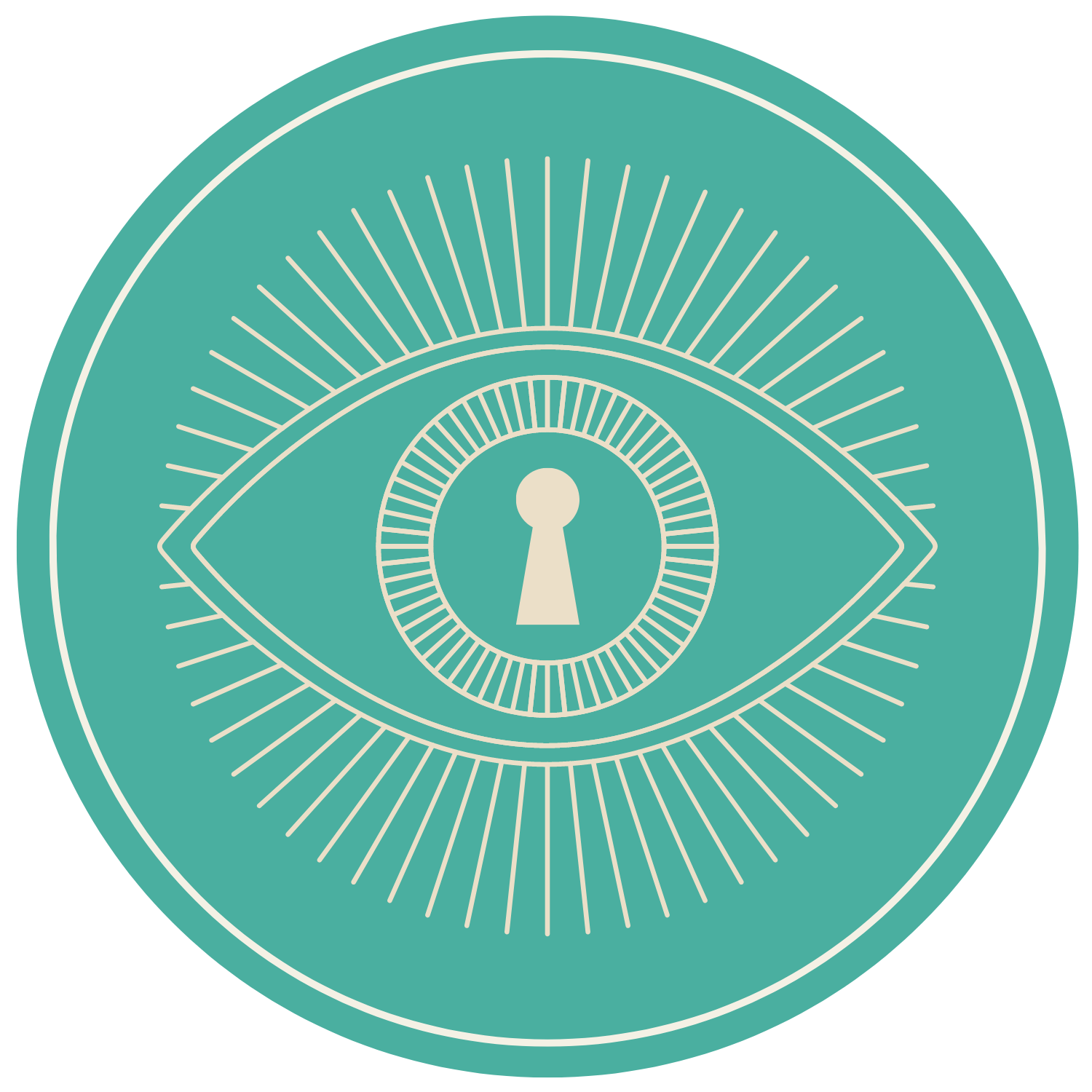What is DBT?
DBT Therapy stands for Dialectical Behavior Therapy, a type of psychotherapy that helps individuals develop skills for regulating emotions, coping with stress, and improving interpersonal relationships. It combines elements of cognitive-behavioral therapy with mindfulness and acceptance-based strategies. DBT is often used to treat conditions such as borderline personality disorder, depression and anxiety. If you struggle to manage extreme emotions, get through distressing situations or maintain stable relationships, DBT may be suitable for you.
About Our Program
Our DBT program for adults is designed for people ages 18+ who struggle with their emotions, experience self-defeating thoughts and unhealthy behaviours that get in the way of them feeling and functioning at their best. It is an effective treatment option for people who experience anxiety, depression, relationship difficulties and lack of motivation.
In DBT you will:
Complete weekly diary cards aimed at providing a summary of your emotions, urges and behaviours - a process known to increase motivation for change.
Begin to understand yourself better by exploring specific emotional, mental and behavioural patterns in order to discover how to anticipate them and cope more effectively.
Learn and practice coping skills that improve the way you experience, manage and express difficult emotions so that they begin to interfere less with your life.
Work collaboratively with your therapist to eliminate any barriers to your participation and motivation in therapy, to ensure successful progress in your therapy goals.
DBT is more likely to work for you if:
you’re interested in learning skills to improve your life.
you're committed to making positive changes in yourself.
you're ready to work hard at therapy, and do homework assignments.
you're ready to focus mostly on your present and future, rather than your past.
How Does It Work?
There are a few components to DBT Therapy:
What Skills Would I learn?
With DBT, you’ll learn to use four core skills, sometimes called modules, to help reshape your life. The four skills are the “active ingredients” of DBT.
Mindfulness
Mindfulness is about being aware of and accepting what’s happening in the present moment. This can help you learn to notice and accept your thoughts and feelings without judgement.
Distress Tolerance
Mindfulness can go a long way, but it isn’t always enough, especially in moments of crisis. That’s where distress tolerance comes in.
Distress tolerance skills help you get through rough patches without turning to potentially destructive coping techniques.
Interpersonal Effectiveness
Intense emotions or mood changes can make it hard to relate to others. Knowing how you feel and what you want is an important part of building fulfilling connections.
Interpersonal effectiveness skills can help you be clear about these things. These skills combine listening skills, social skills, and assertiveness training to help you learn how to change situations while remaining true to your values.
Emotion Regulation
Sometimes you may feel like there’s no escape from your emotions. But as difficult as it might sound, it’s possible to manage them with a little help.
Emotion regulation skills help you recognise emotions, increase positive emotions and reduce vulnerability.
What our clients say…



